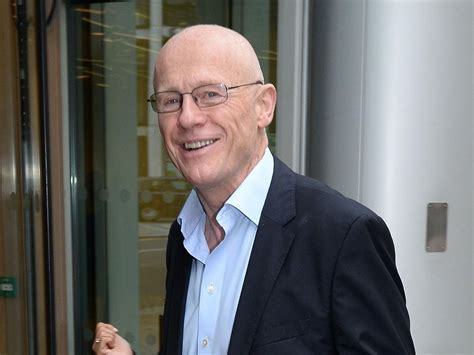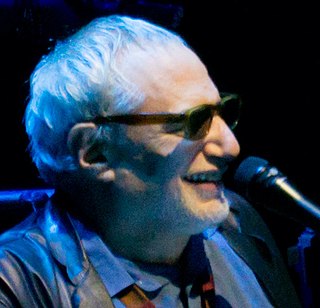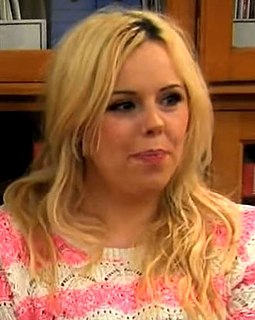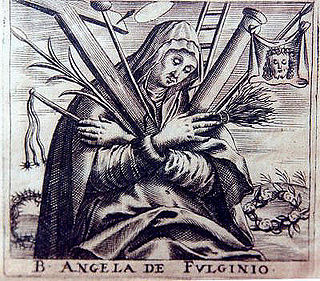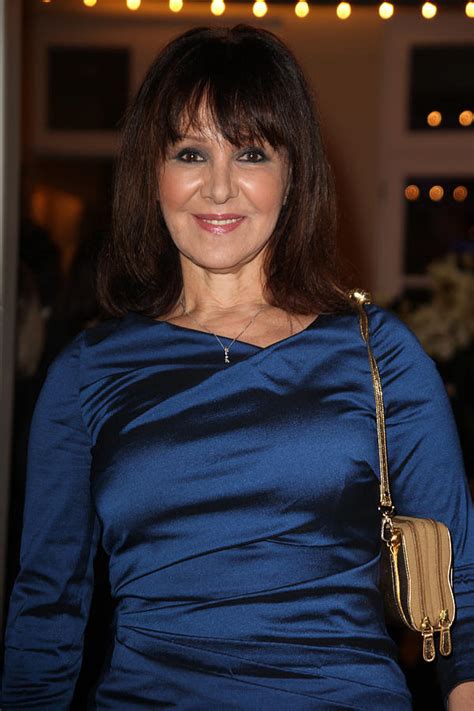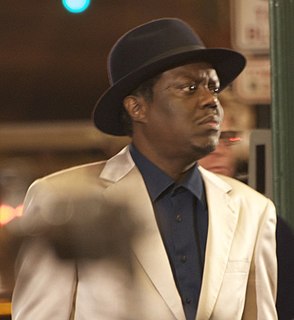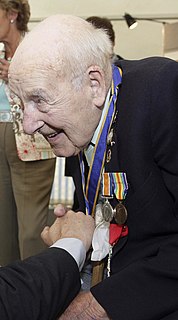A Quote by Joyce Carol Oates
When my brother called to inform me, on the morning of May 22, 2003, that our mother Caroline Oates had died suddenly of a stroke, it was a shock from which, in a way, I have yet to recover.
Related Quotes
My mother had a life-altering stroke when I was nineteen and she died when I was twenty-three. I'm now older than my mother when she died and my relationship with her has really changed over these many years. I continue to stay interested in her and I know her differently now. Losing my mother, losing dear friends, is now part of the fabric of my being alive. And the fabric keeps changing, which is interesting.
My family background really only consists of my mother. She was a widow. My father died quite young; he must have been thirty-one. Then there was my twin brother and my sister. We had two aunts as well, my father's sisters. But the immediate family consisted of my mother, my brother, my sister, and me.
In that time and by God's will there died my mother, who was a great hindrance unto me in following the way of God; my husband died likewise, and in a short time there also died all my children. And because I had commenced to follow the aforesaid way and had prayed God that He would rid me of them, I had great consolation of their deaths, albeit I did also feel some grief.
Whether we experience it or not, grief accompanies all the major changes in our lives. When we realize that we have grieved before and recovered, we see that we may recover this time as well. It is more natural to recover than to halt in the tracks of grief forever. Our expectations, willingness and beliefs are all essential to our recovery from grief. It is right to expect to recover, no matter how great the loss. Recovery is the normal way .
My mom died when I was 22. My stepfather, who I loved like a father, pretty quickly got involved with another woman. Suddenly there was another woman sleeping in my mother's bed, and it was very difficult. Their relationship brought up my profound loss, and the truth was that my family would never be the same again.
I learned hard lessons in life; I had to because I had so much happen: My mother died my sophomore year in high school. The next year, same day, my brother dropped dead. Two years after that, I got married because my girlfriend got pregnant. The year after my wedding, my father - who I had only recently met - died.

